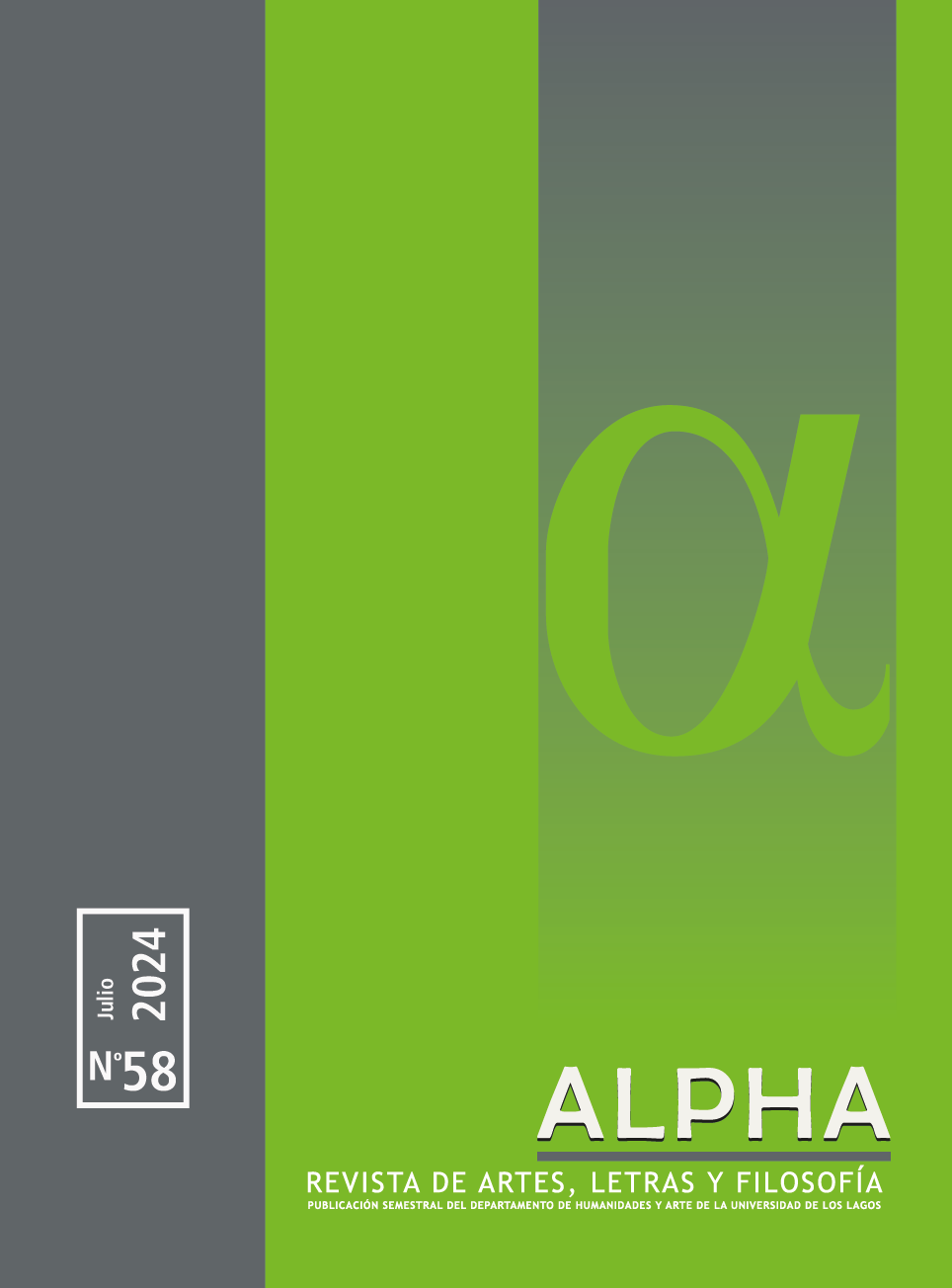Direct and inverse translation of Chinese adverbs of degree: a comparative study of corpus-based translation orientation.
Main Article Content
Abstract
This paper presents an empirical study of the directionality of the translation of Chinese adverbs of degree. We adopt the corpus-based quantitative methodology and the qualitative method to analyze the differences between direct and inverse translations of adverbs of degree in a self-built parallel corpus. The result shows that the Spanish translators prefer to use the equivalence method, while the Chinese tend to use the omission method. Moreover, the inverse translations present a much more prominent weakening of the degree than the direct ones. We find that the subjectivity of the translator and the characteristics of Chinese adverbs of degree, such as the blurred border between different degrees and semantic degeneracy, are the main factors of the discrepancy between direct and inverse translations. This work complements the studies on translation directionality and the translation of adverbs of degree.
Article Details
Downloads

This work is licensed under a Creative Commons Attribution-NonCommercial 4.0 International License.
